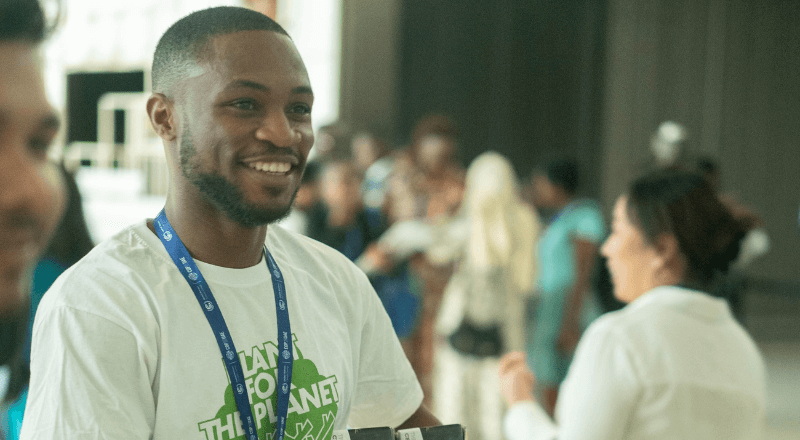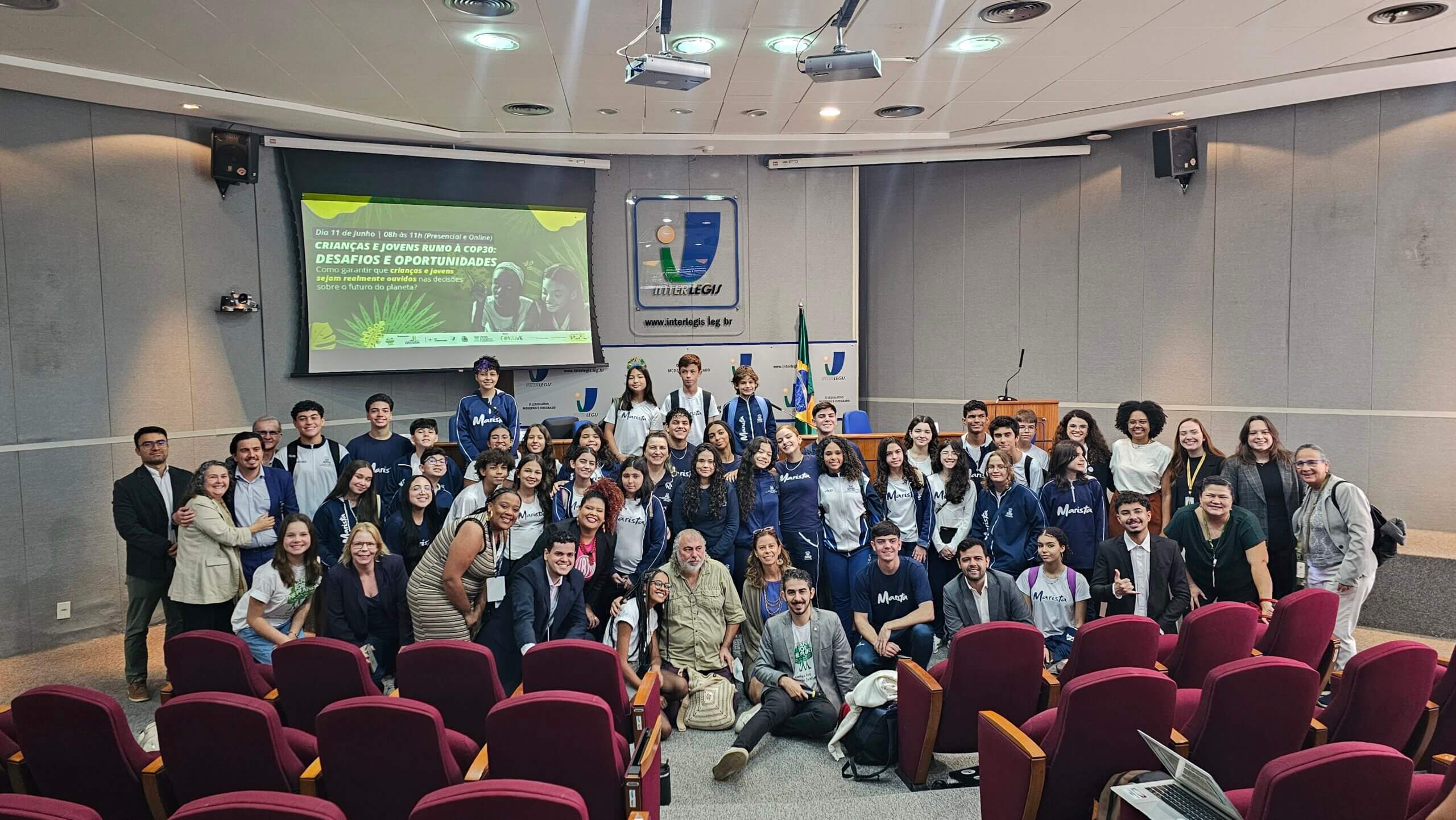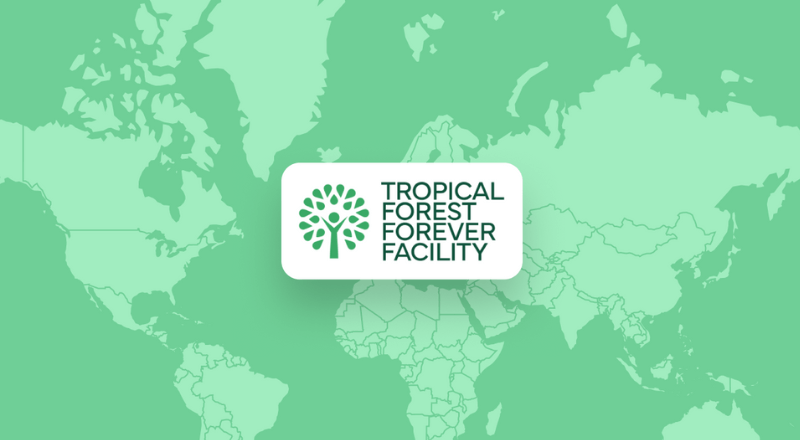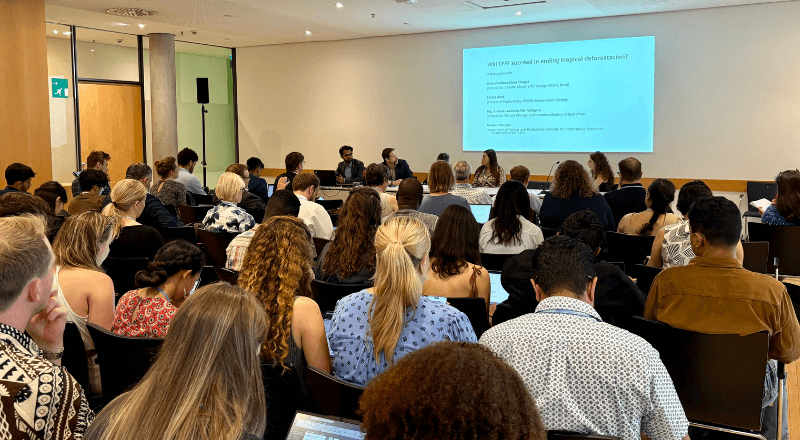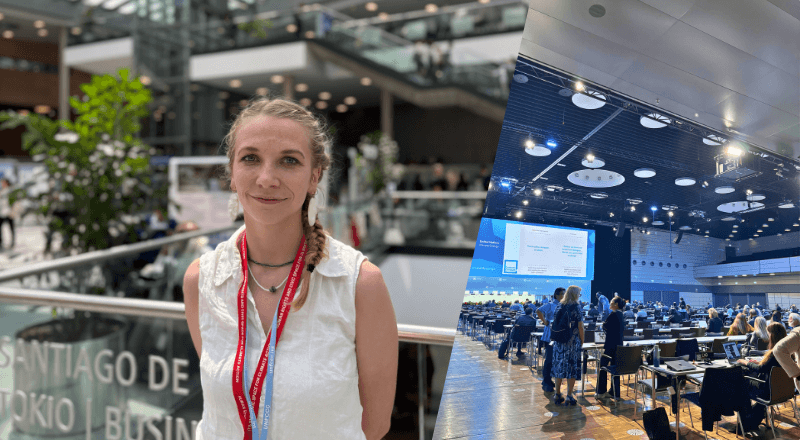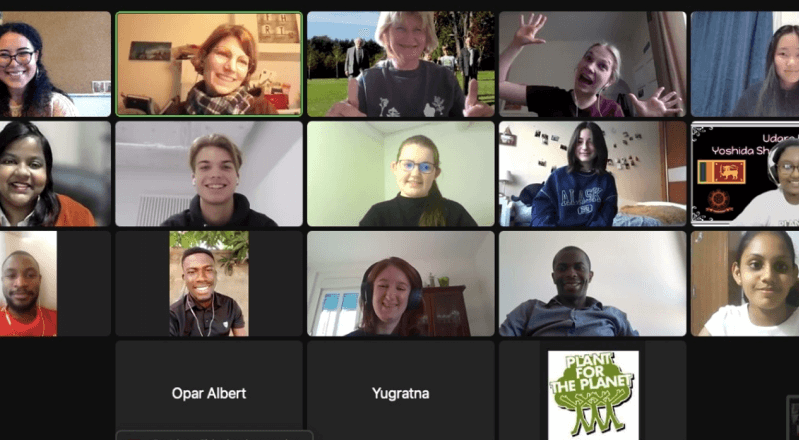
Get involved and register now for our next Youth Summit Talk, saturday, 26.03.2022,
Subject: Gender equality in global restoration
On February 26, 2022, we held a vivid and inspiring discussion on the topic of carbon offsets and reforestation. Are we on the path to 1.5 degrees?
Together we have a chance – Even with different strategies
An insightful conversation and different perspectives from the speakers was the highlight of the interactive panel discussion. Mr. Joshua Amponsen (Founder of GAYO, the Green Africa Youth Organization) highlighted how we will not be on the right path for a couple of years. The lack of money is just one point, but we need to take landowners, the public, indigenous people, and other stakeholders for us to achieve this goal.
Furthermore, it is often forgotten that we are still facing a huge lack of conversation: What will happen with the money in reverse? Are the paying countries or companies allowed to pollute more? Definitely not, said Joshua, those who provide the finance have to reduce their pollution rapidly too!
And even more, we have to establish a transparent system. Here improvements are needed: Where is finance coming from? What was the original purpose of the money? Do we cut money e.g. from developing health systems? However, we cannot reduce CO2 without carbon offsets, but it has to be in the right way, said Elizabeth.
Mark Schmidt (Founder of Trees4Trees Indonesia, read also our blog about the project) mentioned that the commercialization of reforestation is a good way to get people and companies involved and bring them on the path with us, so we can plant more trees. He added that Agroforestry can make it possible to plant more trees and to raise awareness for reforestation as well, especially in the local communities. Moreover, this could be a way to support locals in their actions, he emphasized.
This is very important because we need everyone on board and all of us can help push forward and get on the right path to 1.5 degrees.
Meanwhile, we do see change happening. As Mario Boccucci (Head of UN-REDD Programme Secretariat) said: We are moving from an era of conversations about goodwill to a decade of actions and commitments. But, we have to scale actions as well as finance to be successful and reach our goals.
Forests are very important in very various ways
Therefore, forests are very important in very various ways. So, there is no longer an either-or-situation – science shows that we can do both: Conserve forests & plant new ones. In addition, reforestation is one of the cheapest ways, if not the cheapest one, to capture carbon, as Mark said. Furthermore, reforestation is not only about increasing the number of trees on earth that capture carbon, it has many great co-benefits!
However, the system is not perfect (yet), even though we must get started now and march forward and then rework and improve the system. We cannot wait until we have a perfect system to become active, as Mark put it.
“We have to start right now and improve continually.”
(Mark Schmid)
Mario agreed on this point and marked out that a system change is required: Deforestation must be stopped and we have to invest in restoration. Not just to greenwash. We need real actions and commitments.
For example, purchasing certificates for carbon offsets can be useful for African countries to get more active and raise more awareness as well. However, this finance will flow to the government and not directly to the people. This could be a problem. But, in some areas this money got start-ups to grow and develop. That is a great chance, said Joshua.
He further said that in total, we need more finance for science, trees, … and more involvement of young people (from the global south), especially in the decision-making process.
Elizabeth Gulugulu Machache (AYICC Zimbabwe) agrees on this and underlines that youth is often not part of the conversation which has to be changed. Collaborating, Joshua added that we face a Capacity gap regarding youth – empowering youth is needed.
Further, Elizabeth said that there is a huge information gap about carbon offsets – especially amongst the younger ones. Because it is a difficult topic for young people to understand: The longer this continues, the more opportunities young people will lose. That is a problem.
In conclusion, there is light at the end of the tunnel! But, it will be a long way until the realization of our common goal. We need to empower people to restore forests – all of us can help!
So, let’s get active together and use this great input for new ideas & projects as we are on the path to achieving 1.5 degrees!
Autor: Caterina Bittendorf, Botschafterin für Klimagerechtigkeit bei Plant-for-the-Planet, Moderatorin und seit November 2021 im Youth Summit Team
Join our next Youth Summit Talk
26.03.2022 3rd Youth Summit Talk:
Subject: Gender equality in global restoration
Register now
